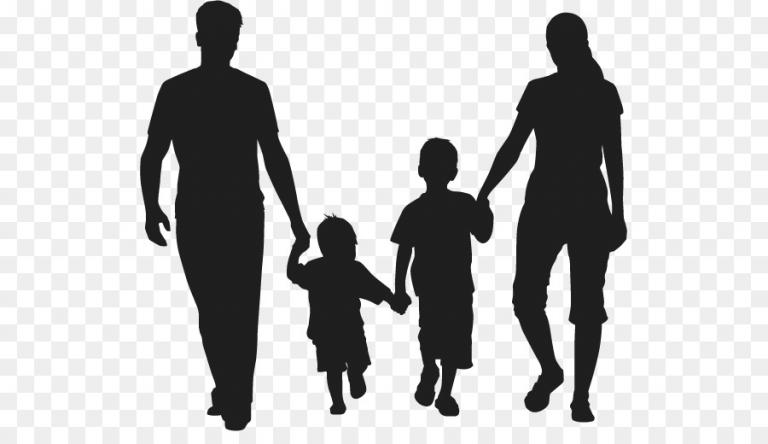When you grow up in conservative catholic homeschool communities you hear a lot of talk about parental rights. It’s the right of the parents to educate as they like. Parents have a right to choose their children’s clothing, food, religious instruction. Public schools and government functionaries are the sinister “other” in the equation, nosing in on the rights of parents to raise their children as they see fit. Parents believe they have a right to exempt their children from certain recommended or routine medical care. There is a sense that sinister looking governmental forces try to infringe on these rights. CPS is regarded as a villainous entity set in place to tear apart good Christian families.
And as long as the talk centers on these white, Christian, American families, no one is willing to admit that actually, there are children who need to be protected – and yes, even from their own parents.
I began questioning the concept of “parental rights” some years ago, on the basis of my Personalist beliefs that one can not have rights over another, as though that other were somehow an item of property. We can have duties and responsibilities to others, yes. And there is absolutely a communal and familial bond which establishes the parent as the prime caretaker, holding the child’s well-being in trust until they reach the age of maturity. But rights over another human? This seems reductionistic.
In the past two years, also, I began to observe an anomaly in the usual “parental rights” crowd: suddenly the right to absolute jurisdiction over one’s children, even in the face of law and government, vanished – when the parents in question were immigrants, non-white, non-American, non-middle-class. Apparently for some it is perfectly acceptable for a white parent to choose not to immunize – but unacceptable for a brown Central American refugee parent to make the difficult and dangerous journey with their children to seek asylum. Apparently we must not judge the choices of white middle-class Christian families, but can be as harsh and indifferent as we please, in judgment of brown families – who happen also to be Christian, incidentally – fleeing violence. We can judge them, then stand by to see them punished for trying to save their children, and concoct defenses for the punishers.
Parental responsibility, versus parental rights.
While I do not believe that any adult has a “right” to rule over their child’s life and destiny, I do believe every parent, regardless of race, citizenship, sex, gender, or creed, has a responsibility to make the best possible choices for their children. This responsibility is, morally, of a greater magnitude than any supposed “right” of a nation to secure its borders – though I think the language of rights is ill-applied to any corporate entity such as a nation or corporation. The persons who make up the organization have rights, yes. The organizations themselves do not.
We need to ask ourselves whether we are approaching the question of parenting and family life with ingrained racial prejudice and white privilege. How often have we made excuses for harried white mothers who make mistakes, while turning and blaming and vilifying Black mothers who make similar mistakes? Do we treat “parental rights” as a blanket cover for anything a well-off white family chooses to do, while dismissing the personal and familial bonds of families that don’t fit our stock-picture image?
Why does a white middle-class parent who refuses to vaccinate get a pass, while a brown refugee parent trying to save a child from gang violence does not?
It is common among self-identified “conservative” Christians to deplore divorce as evil – even in cases of abuse – because it “tears families apart” – yet these same Christians remain silent about, complicit in, or even supportive of the policy of family separation at the southern U.S. border.
For Christians, especially, who invented the term “family values”: if we genuinely believe in protecting families, in creating a culture that promotes the essential dignity of family life, we need to be serious about extending this consideration to all families. We need to start to be consistent, instead of privileging some families and erasing others. The refugee parents who are trying to find a better life for their families and children are fulfilling their moral responsibility as parents – and if we oppose them rather than help them, we are, I believe, complicit in serious evil.
Do you think there will be a judgment day? How do you think your treatment of refugee families might be regarded, on such a day?
image credit: kisspng-family-silhouette-scalable-vector-graphics-family-sketch-













